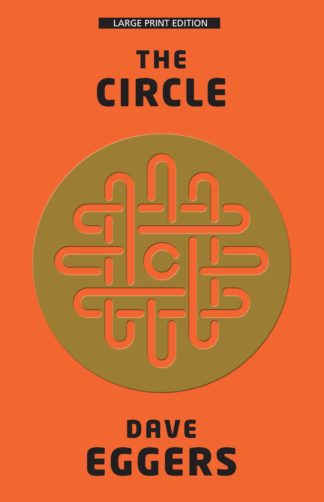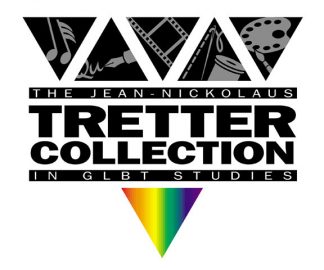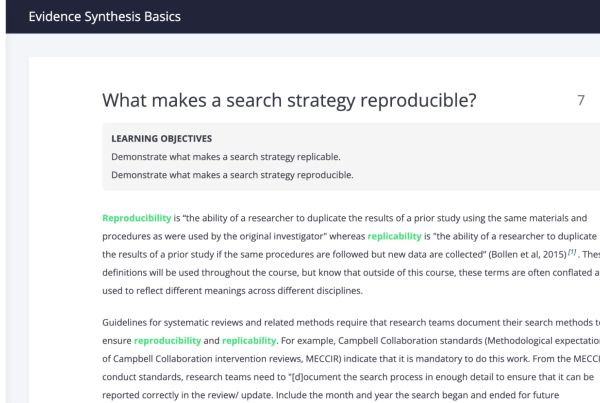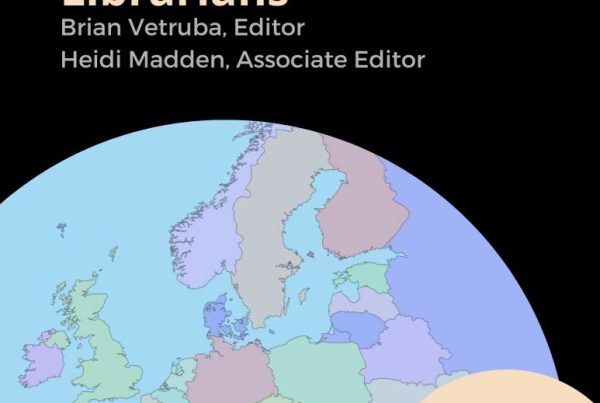By Jupiter Adams-Phipps
The plot
Welcome to the Circle: a utopic California-based tech company from the not-too-distant future that parodies an amalgamate of Google and Facebook in its offering of free social and productivity services.
As a young woman eager to escape her uninspiring job at a utility company in her boring hometown, Mae Holland leaps at the chance offered by an old friend from college to begin working at the most influential company on the planet, even if it’s just in a customer service position. From the moment that she first sets foot on the Circle’s campus, Mae is enthralled by the idyllic lifestyle of an exclusive community that exists apart from the rest of a chaotic world. She throws herself head-first into her work, which includes answering a daily deluge of user questions, interacting near-constantly with coworkers and the world at large on social media, and giving her personal opinions on products and services offered by other companies through a headset that she is required to wear at all times.
Her location is tracked, her health and wellbeing are monitored… and she is interrogated when she fails to attend optional but “suggested” events, or share details about her life outside of work on social media. After work hours are over, the campus keeps going through the night (and over the weekend) with an extensive variety of parties, extracurricular activities, and events. Through these offerings to its employees, it becomes evident that the Circle strives to model a contained way of life where anything that anyone could ever want — from products to services to information — is available at a moment’s notice.
Where some might find themselves overwhelmed by the flood of new information, Mae is exhilarated: she has never felt more alive. At the same time, the demands and expectations of her new job conflict with those of her parents as Mae struggles to balance spending time with her family (traditional in their hesitation to embrace new technologies) against the pressure to engage with the Circle’s community of visionaries. Mae is quick to see the benefits of giving the Circle’s doctors full access to her medical history — and even the ability to constantly monitor her body for any health issues that might arise, whereas her parents can’t fathom the concept of having cameras placed in their home so that Mae can watch over them remotely.
Things get particularly interesting in the latter half when Mae makes the decision to “go transparent” by opting to livestream nearly every moment of her waking life in a company-wide effort to promote transparency and freedom of information. As politicians are pressured by the public to participate in similar acts of transparency (and those who fight to maintain their privacy consistently disappear from the spotlight after some scandal surrounding them is uncovered from their computers’ hard drives), the book’s central theme establishes itself as the importance of privacy in a world that increasingly asks us to give it up in exchange for access to services perceived as necessary to operate in that very world. This comes to a head when Mae has the idea to not just offer useful services (such as voter registration) through the Circle, but to actually require the use of a Circle account to access these services. An ideal vision of a perfect world where such services could indeed be offered and used with only the purest of intentions conflicts with a reality in which these supposedly “free” services simply ask too much of their users.
The reviewer’s take
As a reader, I often found Eggers’ writing to be better at “telling” than “showing” in the sense that parts of the book read as a straightforward, direct presentation of ideas that tended to get in the way of the story. Although the story seeks to serve as a vessel to deliver these ideas such that they might be naturally explored, more often than not I felt that the story distracted from the core ideas rather than complementing them. As a result, these ideas and the story both vie for the reader’s attention, with neither quite managing to shine as the primary focus of the book.
In spite of this, when read more as a thought experiment than a novel, The Circle succeeds in presenting a number of interesting, important, and thought-provoking issues that are extremely relevant to anyone operating online in the modern world. As we continue hurtling forward along our current trajectory, it becomes increasingly necessary to pause and ask ourselves a question that can be put in simple terms while remaining broad in its complexity: what are the rights of humans in a digital age?
TL;DR: While not the most eloquently written book, The Circle is still worth reading to consider the issues surrounding privacy and technology that it addresses.
This is the first post in a series of reading picks by current and former UMN students. The books are found in the Robert and Virginia McCollister Collection for Contemporary Literature at Wilson Library. The collection provides access to many of the Libraries’ most page-turning popular books. Jupiter Adams-Phipps is an alumnus of the University of Minnesota who worked for several years at Wilson Library as an undergraduate.





